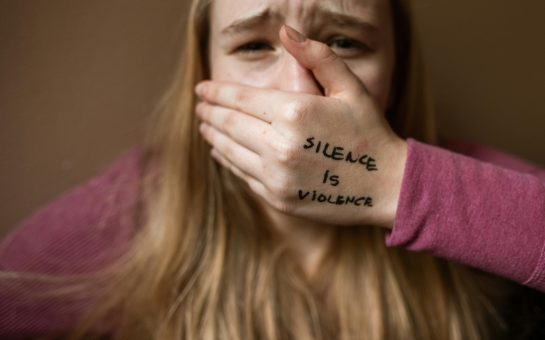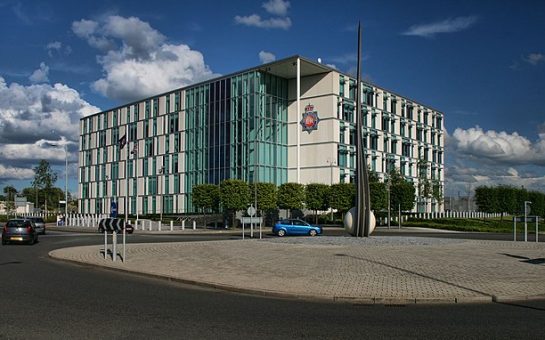Reports of sexual offences in Fallowfield saw a terrifying increase of 37% between 2013 and 2014 – only 10% of these resulted in a conviction.
Fallowfield, known for being one of the largest student communities in Europe, saw a jump of 58% in reported sexual offences between 2012 and 2014 – 33% taking place in 2014.
Last year also saw the lowest number of people charged for sexual offences in four years, with 13 people convicted for the 126 offences that were allegedly committed.
In 2012, 18 people were charged while 53 sexual offences were recorded in total.
GMP’s South Manchester Superintendent, Ian Palmer said: “Our principle aim is to keep people safe and when a person is subject to a rape or a sexual offence, we will do all that is within our power to look after that victim and bring their case before a court of law.
“We are concerned about the national rise in sexual offences and whilst we understand there is a mix of current and historical offences in that rise, we will continue to prioritise these matters due to the harm it does to the victims and their communities.”
The figures also revealed that October – a month where most students are hitting the Manchester nightlife after settling back into university momentum – was when the majority of offences occurred between 2011 and 2014.
Only 8% of all confirmed offenders of sexual offences between 2011 and 2014 were confirmed to be students.
Manchester Metropolitan University’s Student Union President, Mike Palmer, told MM: “The last thing we want is for our students to live in fear of going outside.
“We have a dedicated Community Officer at The Union MMU, who continually works with the police, council and both universities to make sure student safety is top of the agenda.”
The union is proposing a community street festival later this year to encourage students to get involved with their community and in turn make them feel safe about where they live.
MM also spoke to Jessica Lishak, Women’s Officer at The University of Manchester’s Student Union, who found the lack of convictions to be alarming.
She said: “The statistics clearly show that there is a serious issue with sexual offences in Fallowfield and the fact that conviction rates in Manchester are decreasing is increasingly worrying.
“We will be looking to link up with local services to ensure we are providing better support for students who have experienced sexual violence and empowering people to speak out against sexual violence.”
December – when most students are heading home for Christmas – proved to be the lowest recording month for offences committed, accounting for only 3% of offences between January 2011 and November 2014.
These statistics are particularly poignant considering the recent publicised attacks in the area, such as the rape of a student in a Fallowfield alleyway in October
However, it is also worth taking into account that the number of people that have reported sexual offences has increased acorss the country, according to the Office of National Statistics (ONS).
Statistics published in October last year indicate there was a 21% increase in the reporting of rapes nationally – this has become known as the ‘Yewtree Effect’.
Image courtesy of Aurelien Glabas, with thanks.



